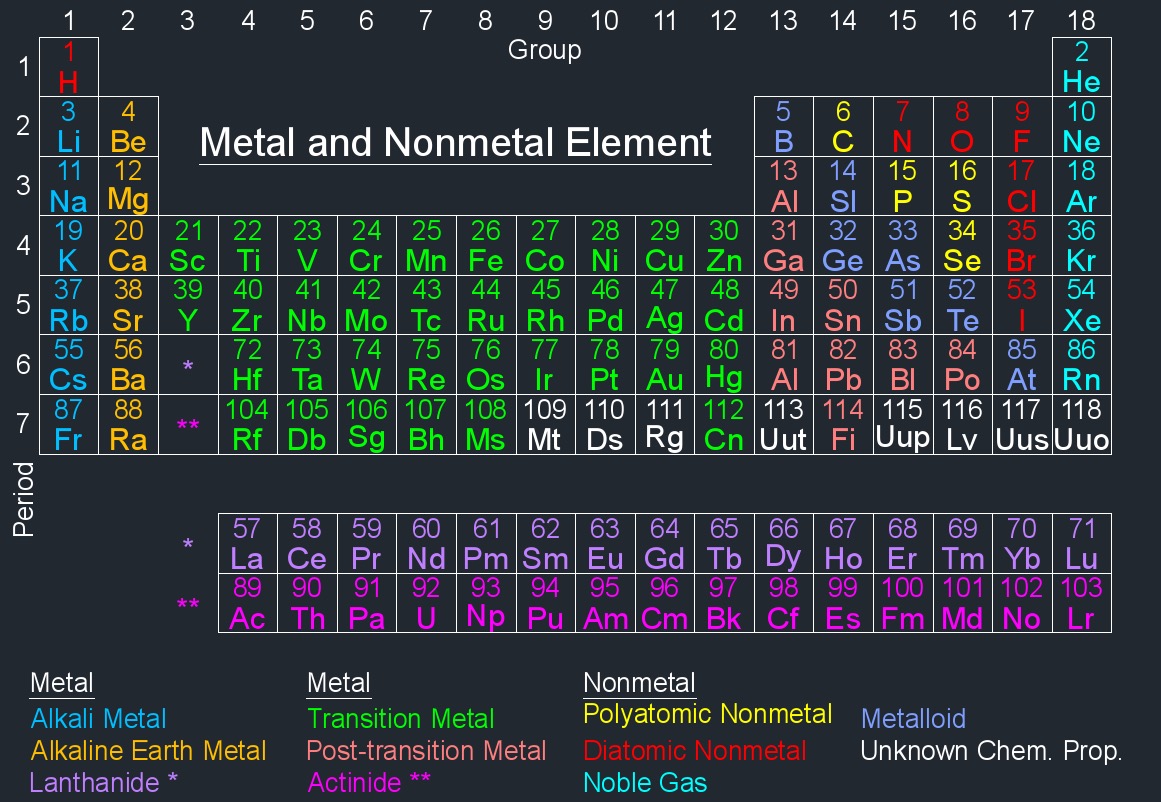Extra Heavy Crude
 Extra heavy crude is a type of crude oil characterized by its high density and viscosity. It is often described as a thick, black, and gooey substance that does not flow easily under normal conditions. The key defining characteristic of extra heavy crude is its low API gravity, which is a measure of how light or heavy a petroleum liquid is compared to water.While heavy crude oil is generally defined as having an API gravity less than \(20^{\circ}\), extra heavy crude has an even lower API gravity, typically below 10∘. This means it is denser than water. This high density and resistance to flow make it more challenging and expensive to produce, transport, and refine compared to lighter crude oils. Extra heavy crude is closely related to natural bitumen, which is an even more dense and viscous form of petroleum found in oil sands.
Extra heavy crude is a type of crude oil characterized by its high density and viscosity. It is often described as a thick, black, and gooey substance that does not flow easily under normal conditions. The key defining characteristic of extra heavy crude is its low API gravity, which is a measure of how light or heavy a petroleum liquid is compared to water.While heavy crude oil is generally defined as having an API gravity less than \(20^{\circ}\), extra heavy crude has an even lower API gravity, typically below 10∘. This means it is denser than water. This high density and resistance to flow make it more challenging and expensive to produce, transport, and refine compared to lighter crude oils. Extra heavy crude is closely related to natural bitumen, which is an even more dense and viscous form of petroleum found in oil sands.
Extra heavy crude typically requires extensive upgrading or dilution (with lighter hydrocarbons) before it can be transported or refined.

